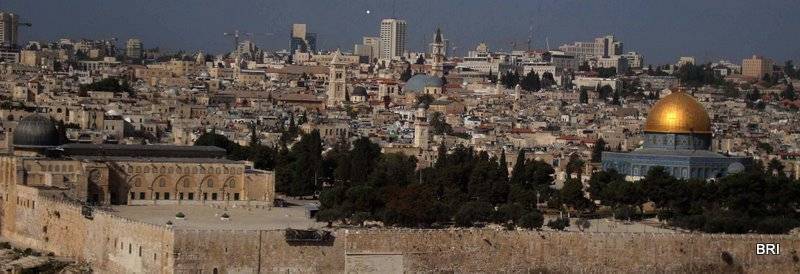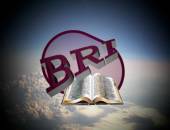READ THE BIBLE ONLINE
Rightly Dividing
the Word of Truth

BEREAN RESEARCH INSTITUTE
DOWNLOAD
FREE SEARCH SOFTWARE
God's Word
the King James Bible
Bible Studies for the Church and for Christian Ministries - BIBLE STUDY ON TOUGH ISSUES
|
|
Wigglesworth - 1 of 6 - Pentecostal 'Baptism of Fire'
Doctrine Article - D.0005_01
SHARE THIS ARTICLE WITH YOUR FRIENDS and FOLLOW
(The following is part of our response to a series of emails from a man who disputed our Smith Wigglesworth_article, and who presented common arguments in support of Pentecostal experiences. He claims to have personal experience with baptism of fire, healing, deliverance and the practice of charismatic tongues, as promoted by Wigglesworth.)
1. In support of Smith Wigglesworth's reference to a baptism of FIRE, FIRE, FIRE for the believer, you referred to Luke chapter three, and verse 17 in particular. This is an excellent passage! Luke 3:17 amplifies and explains the meaning of verse 16. So, please consider these thoughts:
2. Now let's consider how you had initially interpreted the verse. You said that verse 17 "shows the difference between the baptism of fire… for believers for purification..." Please note that your interpretation is entirely conjecture with respect to believers. You have inserted meaning into the passage that is neither stated in it, nor implied by it, as follows:
3. There are 515 verses of scripture referring to "fire"; none of which subjects believers themselves to fire. So, clearly, believers shall never be "baptized" with fire.
4. Luke chapter three explains the purging of the floor - by gathering of the grain and by burning of the chaff. So, you have reached an erroneous conclusion by reading your own words and (Pentecostal) doctrines into this passage when none of those words are even implied let alone explicitly stated.
5. I'm not sure if you caught this main point in my baptism_article or not - but Jesus never made a reference to baptism with fire for the believer, despite what Smith Wigglesworth taught. Jesus was speaking ONLY to his disciples (not just the twelve Apostles, but to all who continue in his word - John 8:31) when he said:
6. Notice that Jesus did not include the words baptized "with fire" when he was speaking to his disciples. That is because the baptism with fire that John the Baptist mentioned (in Matt 3:11 and Luke 3:16) ONLY pertains to the unsaved. Jesus will baptize the UNSAVED with fire.
7. Furthermore, John the Baptist had never made a specific reference to baptism by fire for the believer either. John the Baptist was speaking to BOTH believers and unbelievers in the crowds that followed him when he said that Jesus would baptize them with the Holy Ghost and with fire (meaning Holy Ghost for believers, and fire for unbelievers).
| |||||||||||||||||||||||||||
|
Legal Disclaimer: Terms and Conditions
Salvation | Bible Versions | Sound Doctrine | Endtime | Other Issues | Book Reviews
Home | What We Believe | Contact Us | Audios | Videos Copyright 2006-2017 All Rights Reserved: Mike Wright - Berean Research Institute web design by Centurion Digital: websites@centuriondigital.com
|
| |||
The "Berean Research Institute" is a scripture-based, family-oriented area of cyber-space wherein men, women and children can research beliefs and doctrines that impact their assembly, ministry and/or personal lives. We encourage all to fear God and to keep his commandments by searching the scriptures daily and by being doers of the word. Many people today claim to be Christians, disciples of Jesus, but fail to continue in his word as commanded in John 8:31, and therefore are deceiving even themselves. (James1:22) The result of such deception will be exclusion from the Kingdom of God (Matt 7:21-23 and Matt 25:8-12). Not everyone ... shall enter the kingdom of heaven; but he that doeth the will of my Father which is in heaven. (Matt 7:21) If you consider yourself to be a Pentecostal, Baptist, Catholic, JW, Adventist - even a life-long one - and are convinced that you are on your way to heaven, we encourage you to consider some of the biblical doctrines that we examine in these articles and videos - and be SURE that you are on your way to heaven. That is our ultimate goal for you - that every one of you obtains eternal life!!
|
|||





